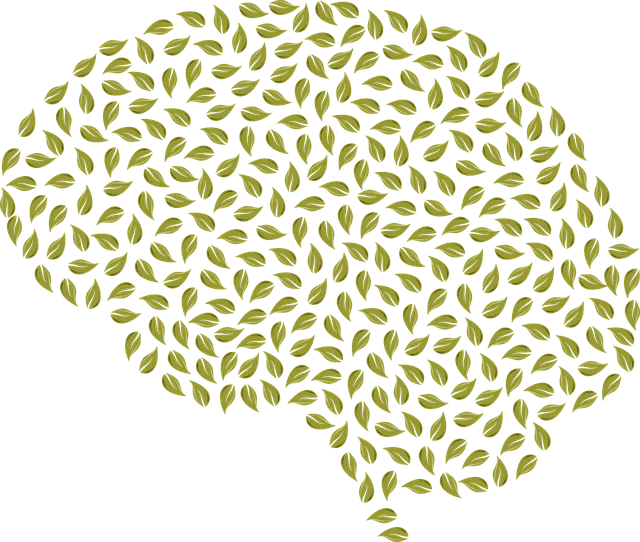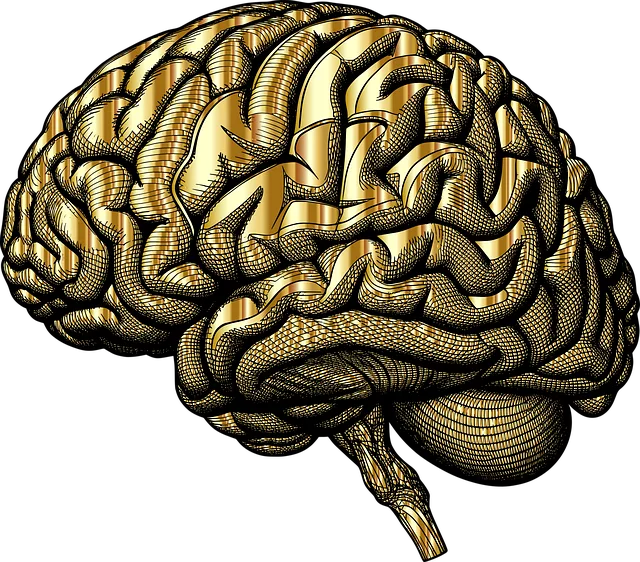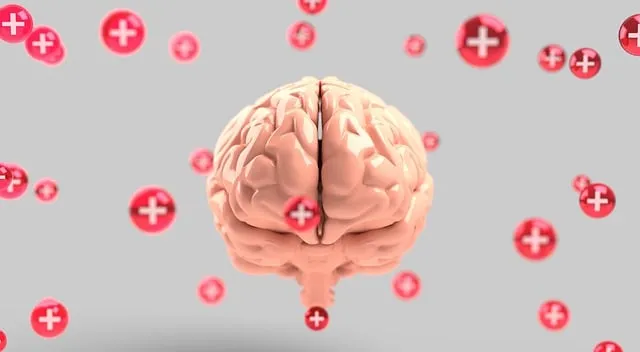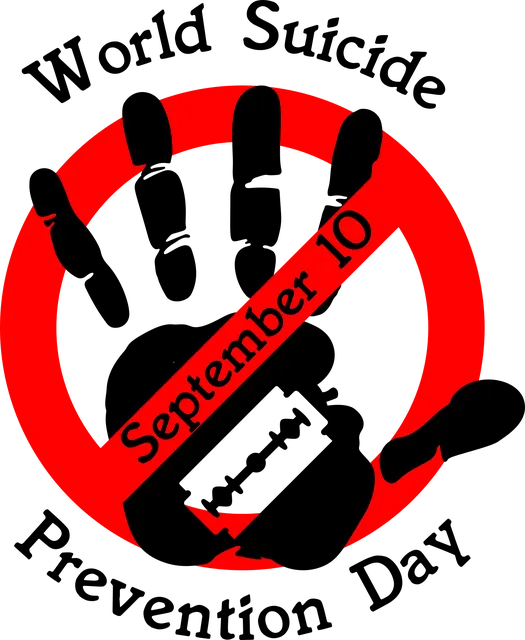The Superior Kaiser mental health programs provide essential tools for managing stress and improving overall mental wellness. By focusing on Emotional Intelligence development, Mental Wellness Coaching, and evidence-based strategies, these programs help individuals identify and overcome personal stress triggers. They offer tailored coping skills like conflict resolution techniques and emotional healing methods, promoting resilience and inner strength. Through risk management planning, mindfulness practices, and structured self-care routines, participants gain effective ways to handle life's demands, fostering a healthier mind in today's fast-paced world.
Coping skills are essential tools for navigating life’s challenges and maintaining mental well-being. This comprehensive guide explores the significance of these skills, providing insights into how they can buffer against stress and promote resilience. We’ll delve into identifying personal stressors and triggers, discover evidence-based coping strategies, and learn practical tips for integrating effective techniques into daily routines. Additionally, we’ll highlight the role of Superior Kaiser mental health programs in enhancing individuals’ ability to cope with life’s demands.
- Understanding Coping Skills and Their Significance in Mental Well-being
- Identifying Personal Stressors and Triggers
- Exploring Evidence-Based Strategies for Effective Coping
- Integrating Coping Techniques into Daily Life: Tips and Tricks
- The Role of Superior Kaiser Mental Health Programs in Enhancing Coping Abilities
Understanding Coping Skills and Their Significance in Mental Well-being

Coping skills are the strategies we use to navigate and manage life’s challenges and stressful situations. They play a pivotal role in maintaining good mental health and overall well-being. The significance of strong coping mechanisms cannot be overstated, especially in today’s fast-paced and demanding world. By learning effective coping skills, individuals can enhance their resilience, reduce the impact of stress, and foster emotional balance.
The Kaiser mental health programs recognize the importance of these skills and offer comprehensive solutions like Emotional Intelligence development and Mental Wellness Coaching Programs. These initiatives aim to equip folks with superior stress reduction methods, enabling them to confront life’s obstacles head-on. By integrating these coping strategies into daily routines, individuals can transform their ability to handle stress, improve emotional intelligence, and ultimately, promote mental wellness.
Identifying Personal Stressors and Triggers

Understanding what triggers our stress is a crucial step in developing coping skills. Individuals often face various stressors that can be as unique as their fingerprints—from work-related pressures to personal relationships, financial worries, or even certain environments. Recognizing these individual stressors is key to effective coping strategies. The Superior Kaiser mental health programs offer comprehensive resources for this self-discovery process, empowering individuals to identify and name their specific triggers.
By acknowledging these triggers, whether they are related to stress at work through conflict resolution techniques or personal issues requiring emotional healing processes, one can begin to build inner strength development. This awareness allows people to create personalized coping mechanisms that will be more effective in managing their mental health and overall well-being.
Exploring Evidence-Based Strategies for Effective Coping
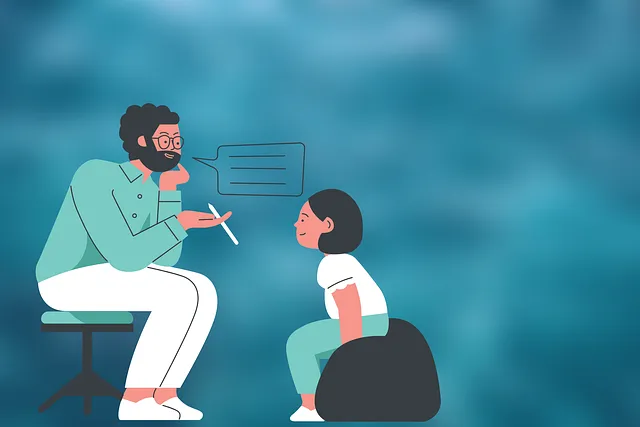
In today’s fast-paced world, mental health professionals are increasingly recognizing the importance of equipping individuals with effective coping skills. To this end, evidence-based strategies have emerged as powerful tools for enhancing well-being and resilience. Superior Kaiser mental health programs often incorporate a range of techniques that cater to diverse needs, from managing stress and anxiety to mitigating the impact of traumatic events. By integrating these proven methods, practitioners can offer clients a comprehensive approach to coping skills development.
One such method gaining traction is Risk Management Planning, a crucial component in the arsenal of mental health professionals. This strategy involves teaching individuals how to proactively identify and mitigate risks that could trigger or exacerbate mental health challenges. Through Mental Health Awareness programs, individuals learn to recognize warning signs and develop personalized coping plans. Furthermore, Stress Reduction Methods are integral to promoting mental balance, with techniques such as mindfulness, meditation, and cognitive-behavioral therapy helping clients to navigate life’s demands more effectively.
Integrating Coping Techniques into Daily Life: Tips and Tricks

Integrating effective coping techniques into your daily life can significantly enhance your mental health and overall well-being. At the Kaiser Mental Health Programs, we emphasize the importance of adopting a holistic approach to self-care. One practical way to start is by incorporating these strategies into your existing routine. Begin with simple practices like mindfulness exercises during quiet moments throughout the day. Deep breathing, meditation, or even short walks in nature can help regulate emotions and reduce stress levels.
Additionally, cultivating a structured Self-Care Routine Development for Better Mental Health is invaluable. Allocate specific times for activities that promote Emotional Regulation, such as engaging in hobbies, connecting with loved ones, or participating in physical exercise. By consistently practicing these coping mechanisms, you can effectively prevent Burnout and foster resilience in the face of life’s challenges.
The Role of Superior Kaiser Mental Health Programs in Enhancing Coping Abilities

The Superior Kaiser mental health programs play a pivotal role in empowering individuals to develop effective coping skills. These programs are designed to holistically address various aspects of mental well-being, including stress management and emotional resilience. Through structured initiatives and supportive environments, participants gain access to valuable tools and techniques that enhance their ability to navigate life’s challenges.
One key contribution of these programs is the facilitation of positive thinking. By incorporating evidence-based practices and communication strategies, the Stress Management Workshops Organization within Kaiser helps individuals challenge negative thought patterns and cultivate a more optimistic outlook. This shift in perspective empowers people to better cope with stressful situations, fostering a sense of control and empowerment. Additionally, the programs emphasize practical communication strategies, enabling participants to express their feelings effectively and build stronger connections, which is crucial for emotional support and well-being.
Coping skills development is a vital aspect of maintaining and enhancing mental well-being. By understanding personal stressors, exploring evidence-based strategies, and integrating techniques into daily life, individuals can effectively navigate challenges. The Superior Kaiser mental health programs play a crucial role in fostering these abilities, providing comprehensive support to help folks cultivate resilience and lead more fulfilling lives. Through dedicated practices and the assistance of such programs, one can transform their coping mechanisms, leading to improved mental health outcomes.

